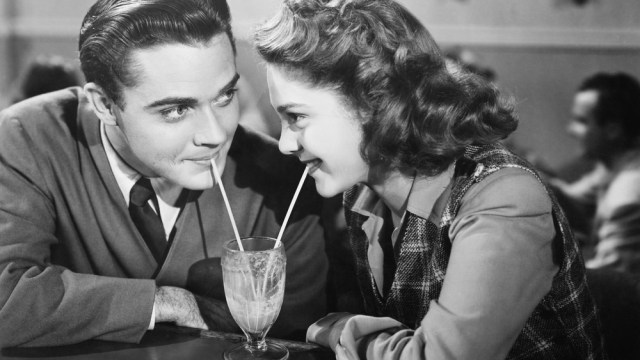How to guide angry boys through their volatile teenage years

Photo credit: Perfect Dude on Unsplash
What’s the Latest?
Depending on what version of Spiderman you deem gospel, Peter Parker was a teenager when his Uncle Ben bestowed upon him the sage-like advice “with great power comes great responsibility.” Similar aphorisms can be traced to FDR, Voltaire, and (speaking of gospels) the Book of Luke. Psychologist Steven Stosny adds “privilege” to the power/responsibility equation, arguing in this column at Psychology Today the importance of teaching teenage boys the direct relationship between the three.
What’s the Big Idea?
According to Stosny, the anger that uniquely afflicts teenage boys puts them at risk of dangerous outbursts and irresponsible behavior. These are caused by judgement-clouding bursts of rage-inducing hormones. The best ways for teenage boys to deal with these tempestuous urges is through structure provided by compassionate, goal-driven parents. Lessons that Stosny insists must be passed on include:
Also vital is the way these lessons are conveyed. Stosny explains how teenage boys are modelers more than listeners and will emulate the actions of their parents. Even when trying to verbally relay lessons, there are important strategies adults must take to get through to teens who want nothing more than for their parents to shut up and go away. The best ways to communicate with a teen involve eye contact, touching, and short sentences that do not resemble lectures.
If you’re having trouble getting through to a teenage boy in your life, I suggest reading the article (linked again below) and telling us what you think about life lessons, communication, and avuncular advice from comic book characters.
Keep reading at Psychology Today
Photo credit: Accord / Shutterstock





